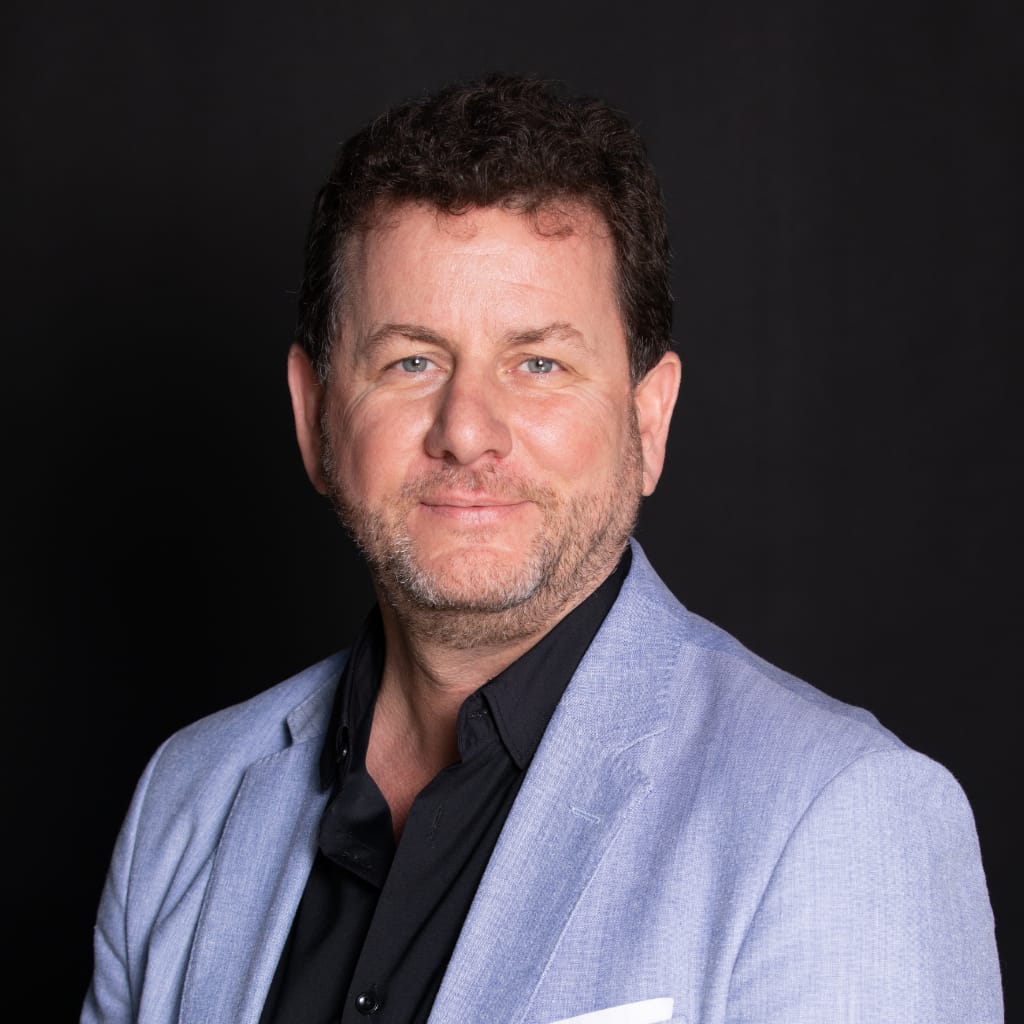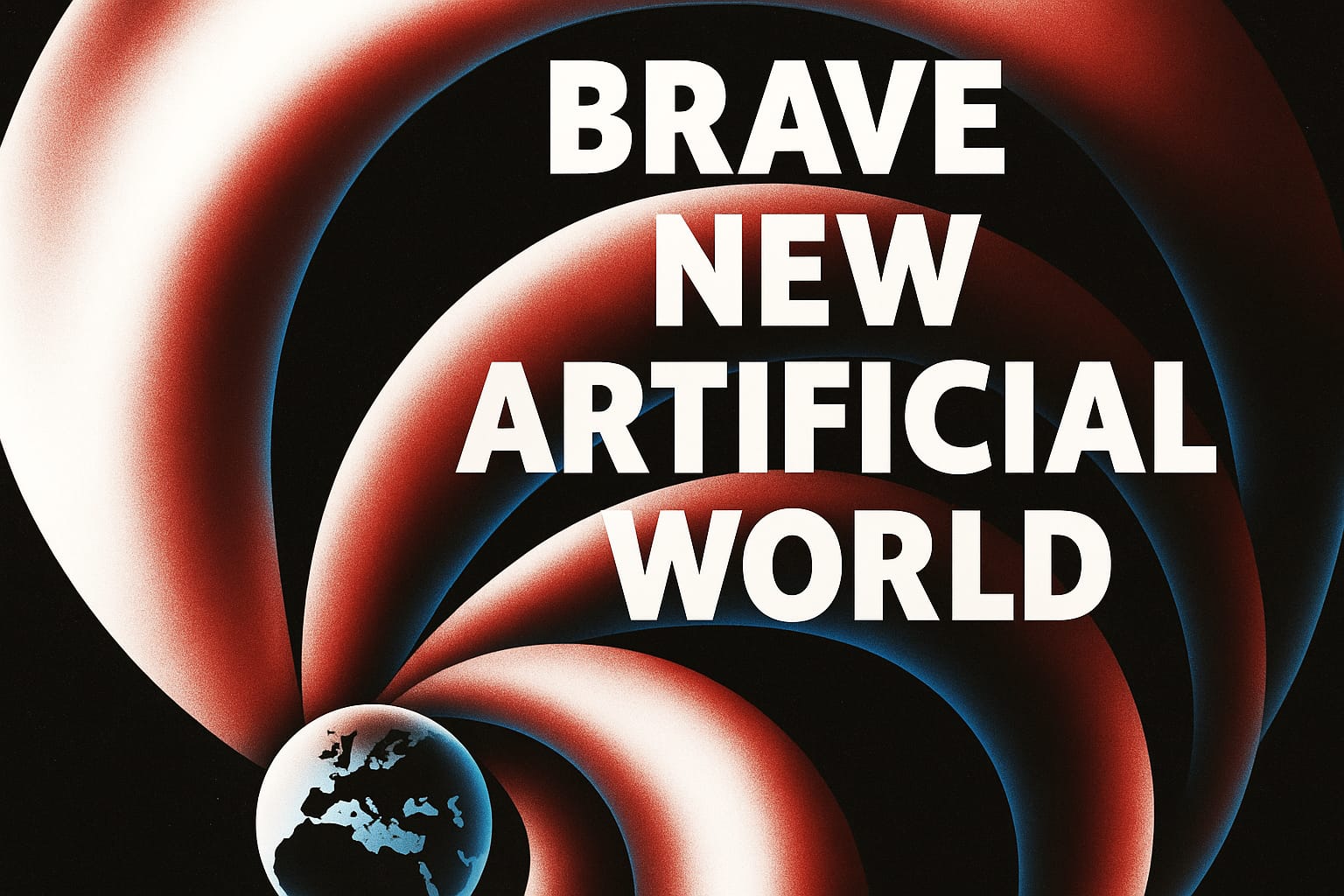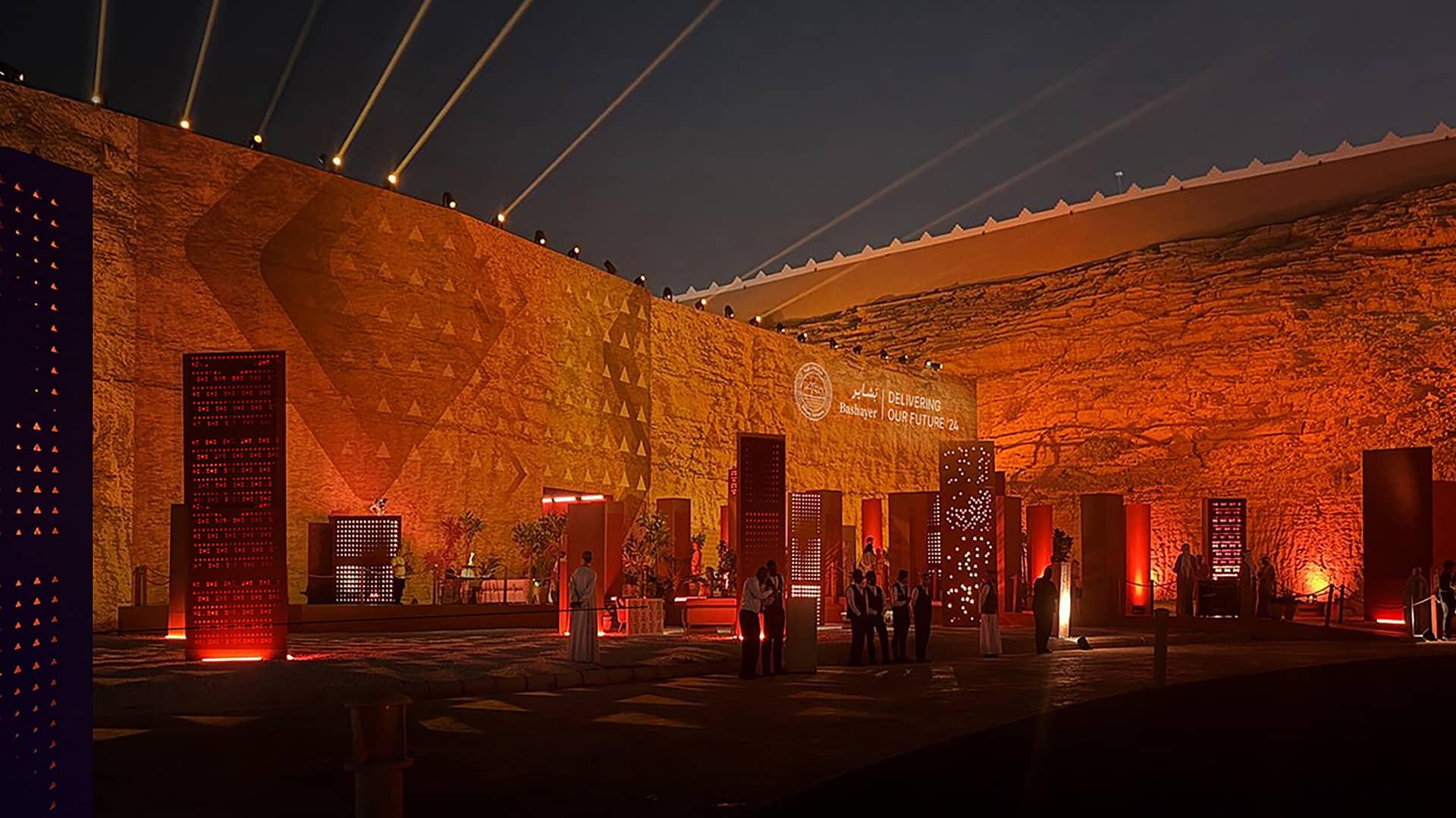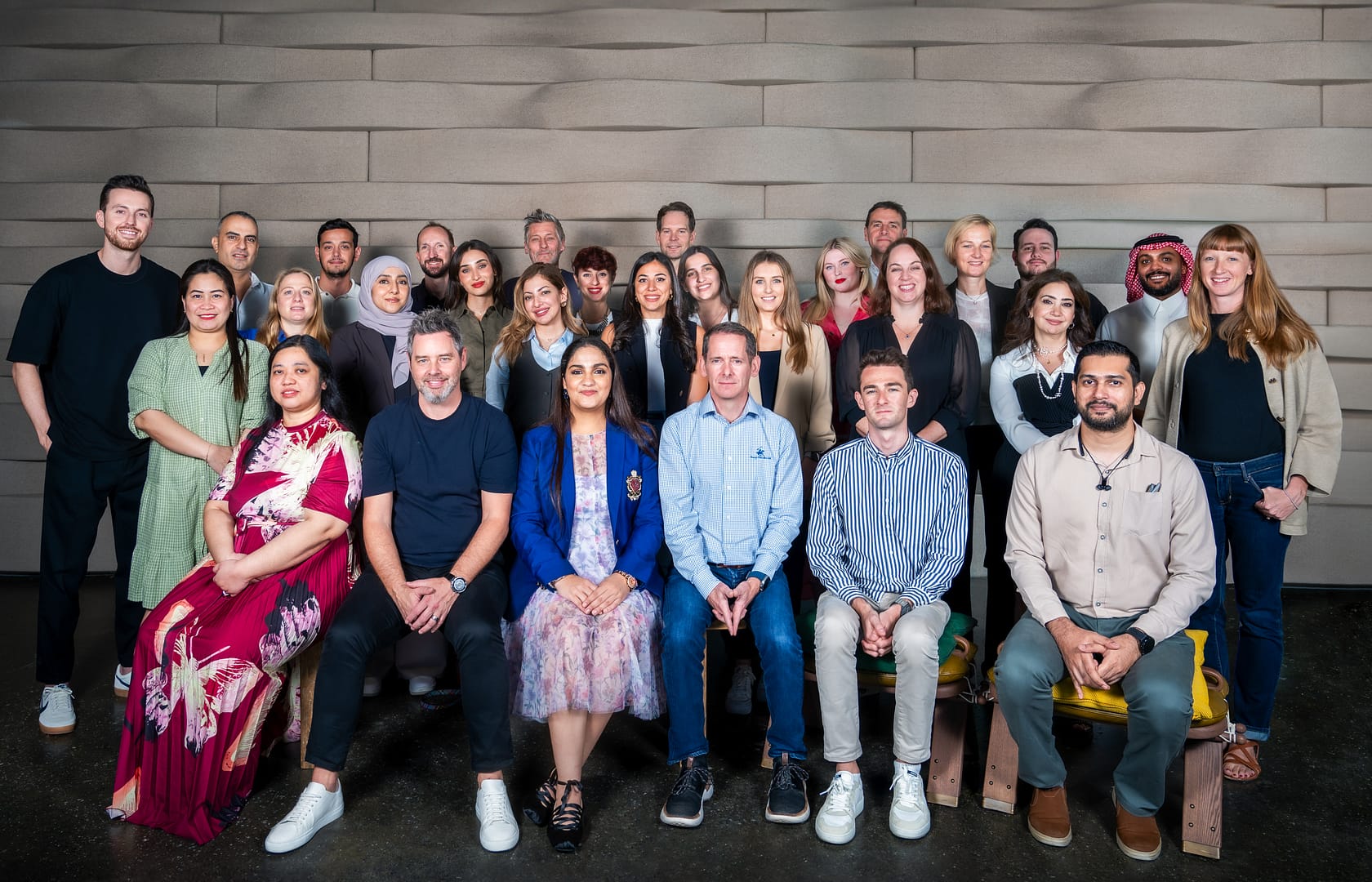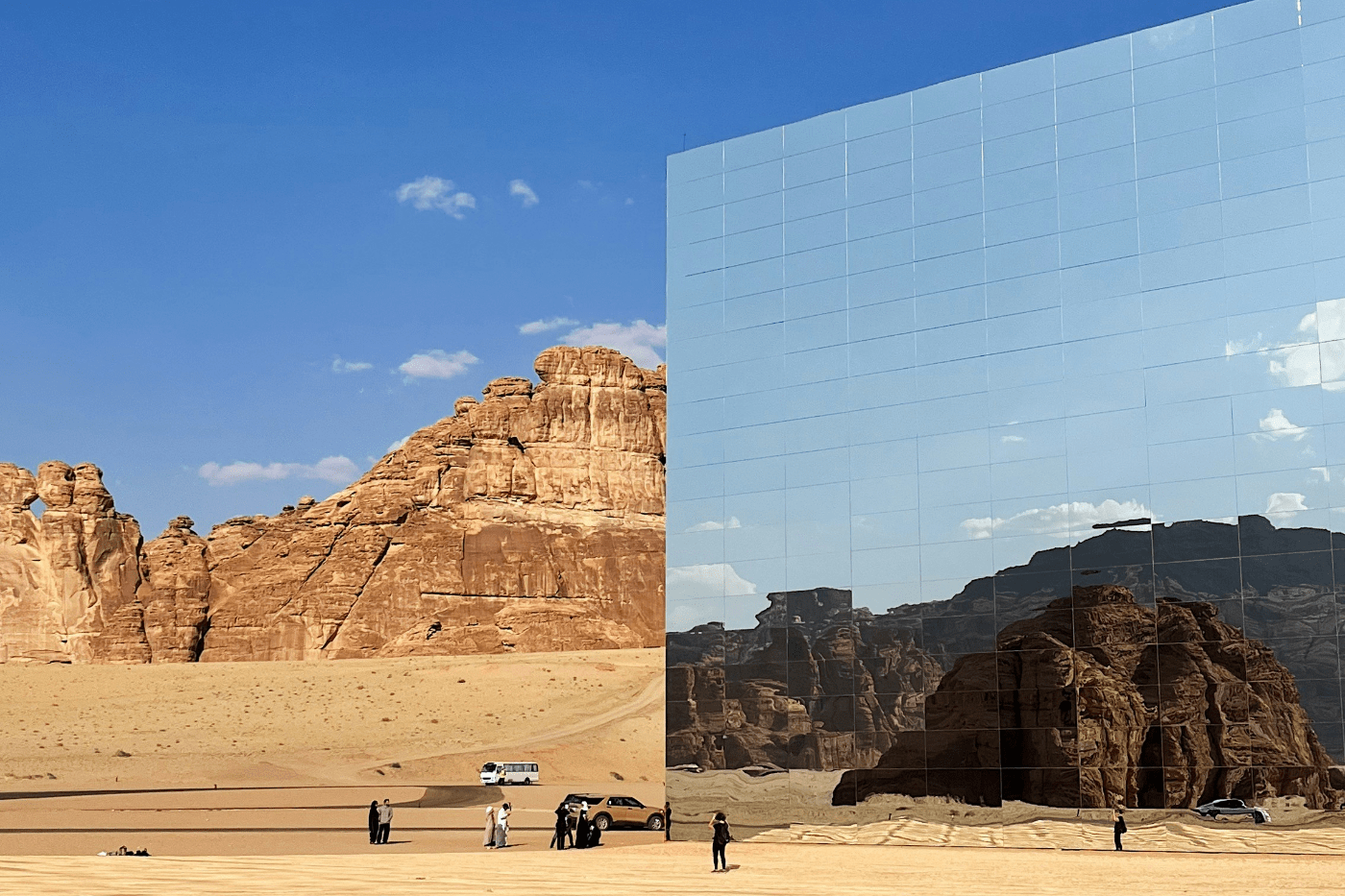
This article first appeared in Arab Ad written by, Matt McLean, Project Director from our Dubai studio.
Looking at a map of where the biggest, most important events are taking place – you would be hard-pressed to miss Saudi Arabia across virtually every single sporting, leisure and entertainment vertical.
Football, Olympics, boxing, concerts, business, technology… Today, Saudi Arabia is one of the global hubs across many industries, and this is not by accident. Since the implementation of Vision 2030 in the mid-2010s, it has been a nonstop journey of milestone after milestone – and a new destination unveiled seemingly every week.
These are some of the most relevant trends as we accelerate into 2030 and beyond:
The increasing role of generative technologies
The industry has seen the exponential growth of new technologies, particularly in artificial intelligence, and their potential case studies for entertainment and destinations. The main and most attractive selling point comes from the expectation of being able to create a completely custom and curated user journey, at no additional cost.
This would mean that every single customer and visitor will have a very personal experience in the, future theme park, brand experience or visitor centre for example – meaning that the destination itself would be cognizant to a degree. Brands will get to know the visitor – their wants, needs, and desires, and craft a tailor-made adventure just for them.
The argument for a ‘soul’ beyond master planning
One of the most exciting trends is the increased demand for finding or crafting a destination’s ‘soul’ or ‘essence’ – be it a deserted island or a developing natural park. This speaks to a growing awareness of the benefits of having a defined purpose and vision – which often gets overlooked to maximise capital or operational expenditure.
Starting with a master plan without a clear vision and ‘essence’ often leads to repeat tendering processes until the right ‘feel’ is found after many rounds and iterations. Leading with a purpose-led strategy that shapes the creative, design, architecture and every other layer of development – will be the biggest differentiation between other destinations with similar offerings.
The need for a cultural programme
As many of these destinations are either new or ‘reimagined,’ it is fundamental to create a calendar and programme of experiences tailored to the projected audiences that will visit. This not only shapes the character of the site but gives a purpose and essence to each of the key assets in the masterplan.
Agencies often design to a specific number of ‘keys’ or rooms – but the longevity and identity of the place itself – be it based around leisure, entertainment, wellness or business – greatly benefits from a purpose-led programme that takes into account the variance in seasons across the year, as well as a roadmap for the project one, five, ten or fifty years into the future.
In essence, destinations and real estate are entering a new age with more ‘soul’ and purpose than ever, and developers, investment funds, and industry conglomerates will need partners who understand the consumer, visitor, and resident.
For the things worth sharing, we’ve got a newsletter for that.
